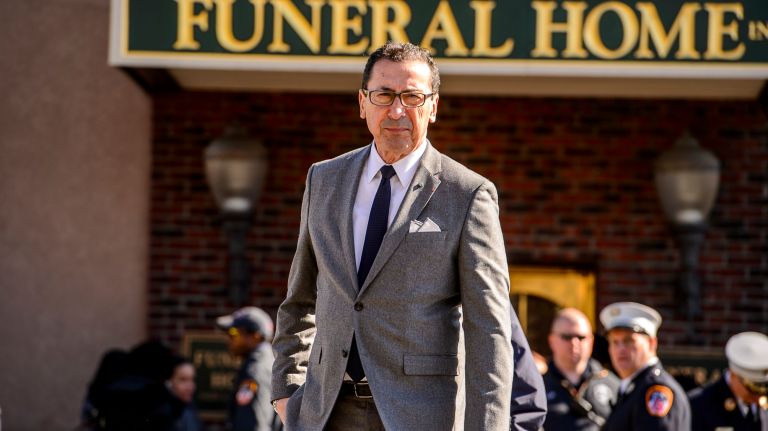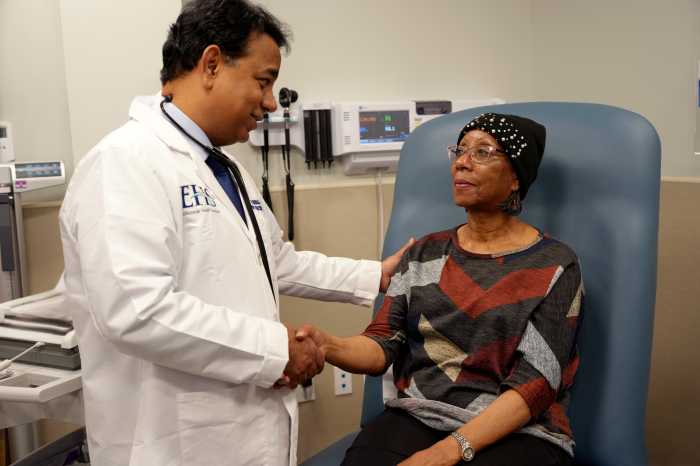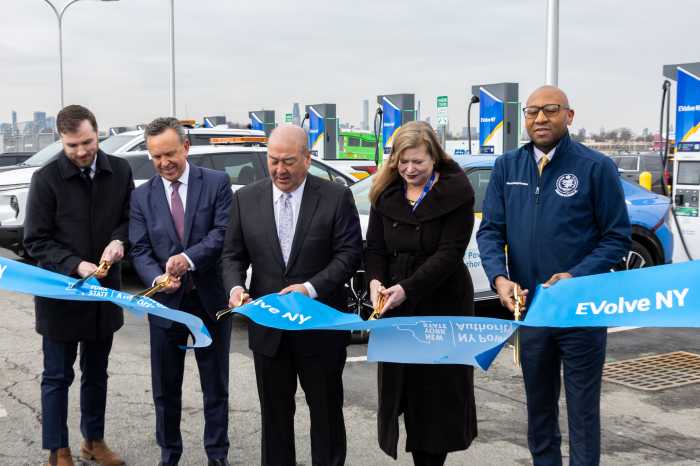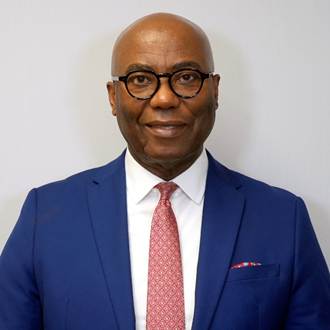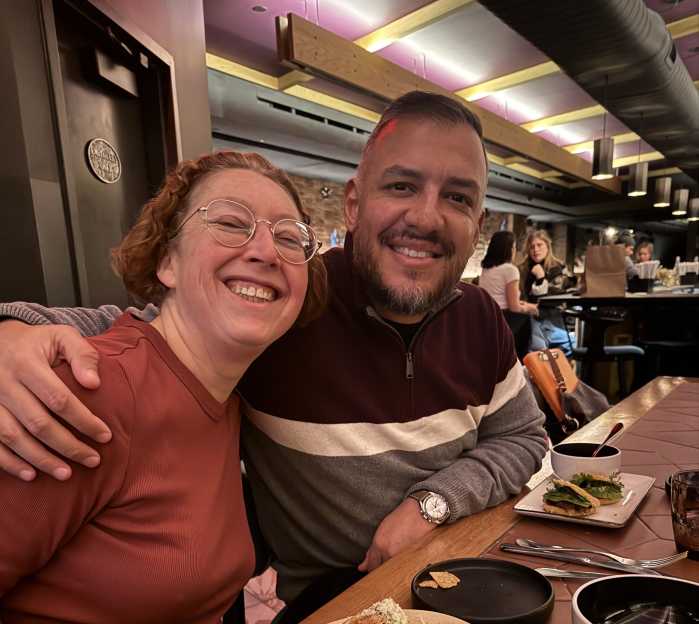As 1,300 members of the FDNY returned to work on Tuesday after fighting their own battles with coronavirus, the question was raised to Commissioner Dan Nigro whether or not their department is suffering disproportionately.
According to Nigro, the answer is a moving target.
Members in the EMT division are falling ill at much higher rates than those fighting fires and responding to broader emergencies, and Nigro does not see their department as more or less vulnerable than other agencies that provide frontline service.
“As far as the statistics I have, the percentage of people out sick in our department is slightly higher for EMS than the fire side. But its also high in the MTA and NYPD,” Nigro told amNewYork Metro on Wednesday.
According to Mayor Bill de Blasio in a television appearance on April 4, about one in four FDNY EMS frontline workers have been out on sick leave, many of whom are paid little more than minimum wage and often have fewer than five years on the job. Later on April 7, the mayor said the commissioner’s requests for personal protective equipment such as N95 masks were supplied expeditiously.
“I spoke to Commissioner Nigro yesterday. He affirmed — every time he has said they need additional N95 masks or any PPEs, they’re getting them instantly,” de Blasio said.
Nigro said members in the fire end of the department may not have the option to social distance, but that does not mean there have not been precautions taken in the workplace, especially for certain emergency workers.
“Certainly any lung condition is a serious contributing factor for this disease. I’ve been told by doctors that this is especially concerning for those members who survived 9/11 or worked down in the World Trade Center in the days following and have some sort of compromising condition,” Nigro said. “Our members, whether they’re in an ambulance or fire station, don’t have the luxury of distancing. They just don’t … What we have changed in the firehouse is we don’t detail members from one house to another. We try to keep them in the same family, so to speak, of members.”
As for returning to work, Nigro said members can do so if they are free of symptoms for seven days and without fever for three days, whether or not signs were confirmed positive for coronavirus or not.
As the department moves into the coming years, COVID-19 will leave a legacy of reduced resources that in the past have cut response times down by up to a minute. Tuesday night, the mayor’s office disclosed a breakdown of cuts in the fiscal year 2021 budget.
First piloted in 2017, FDNY’s fly car program lost out by $28 million in the budget while it has been attributed in previous years to providing faster medical care with more experienced care workers via SUVs instead of fully equipped ambulances.
This story originally appeared on amny.com.

